Comments
- No comments found
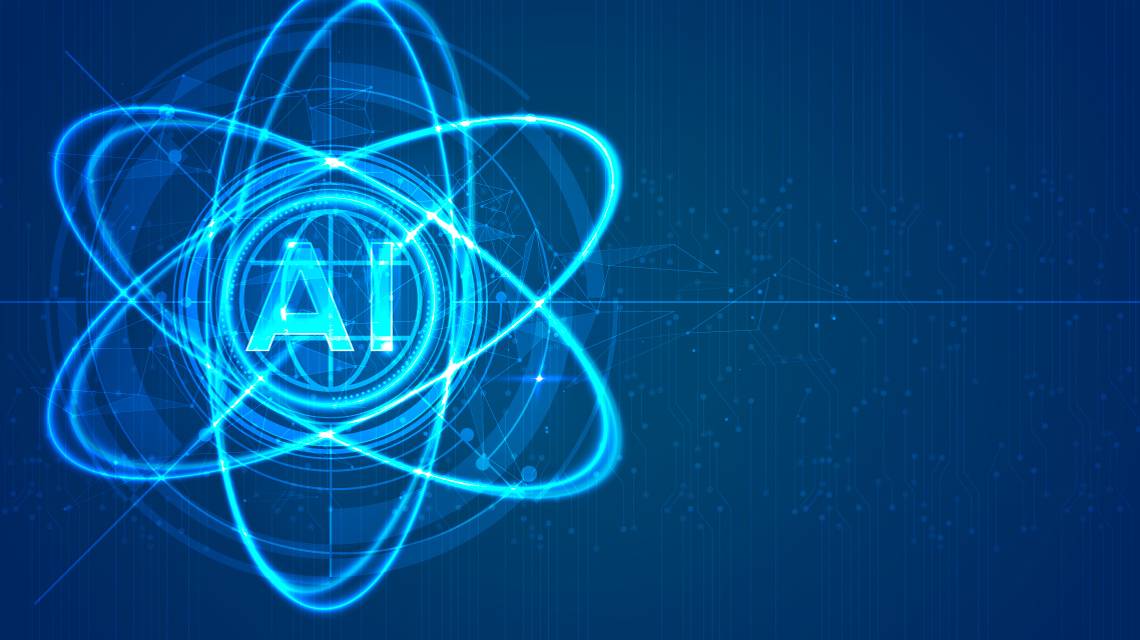
Artificial Intelligence (AI) is transforming many industries, including the field of physics.
AI is being used in physics to solve complex problems and make new discoveries that were previously thought to be impossible. From finding new particles to understanding the mysteries of the universe, AI is disrupting the field of physics in exciting ways. This article will explore how AI is being used in physics including the potential benefits and limitations of this technology.
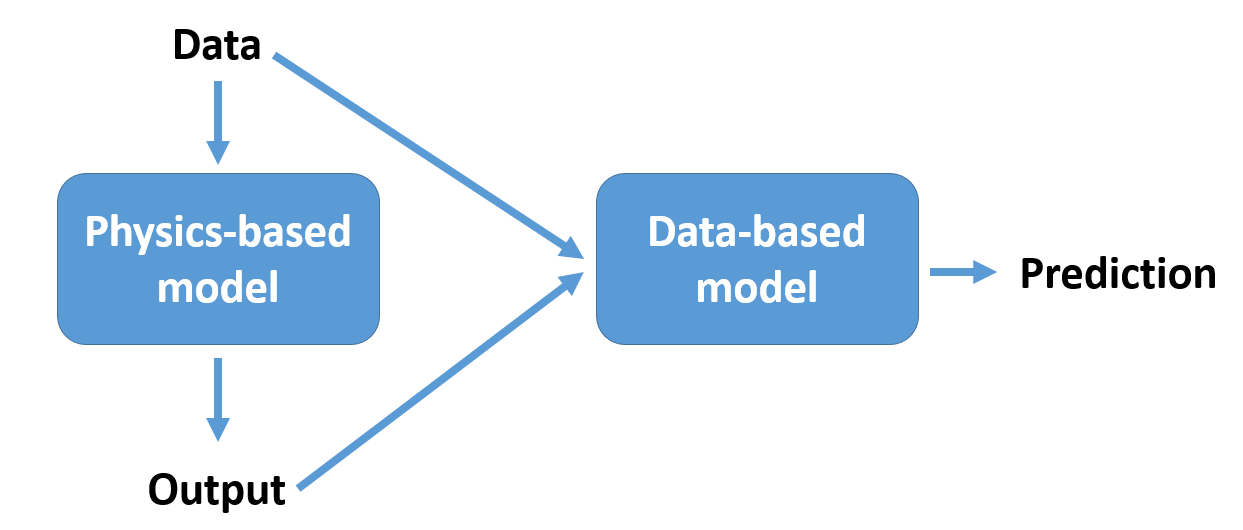
Artificial Intelligence refers to the ability of machines to perform tasks that normally require human intelligence, such as problem solving and decision making. AI systems can be trained to perform specific tasks by learning from large amounts of data. This allows AI systems to make predictions, identify patterns, and make decisions based on this data.
In physics, AI is being used to analyze data from experiments and simulations, as well as to develop new models and theories. AI can also be used to find new patterns and correlations in data that were previously hidden, allowing physicists to make new discoveries.
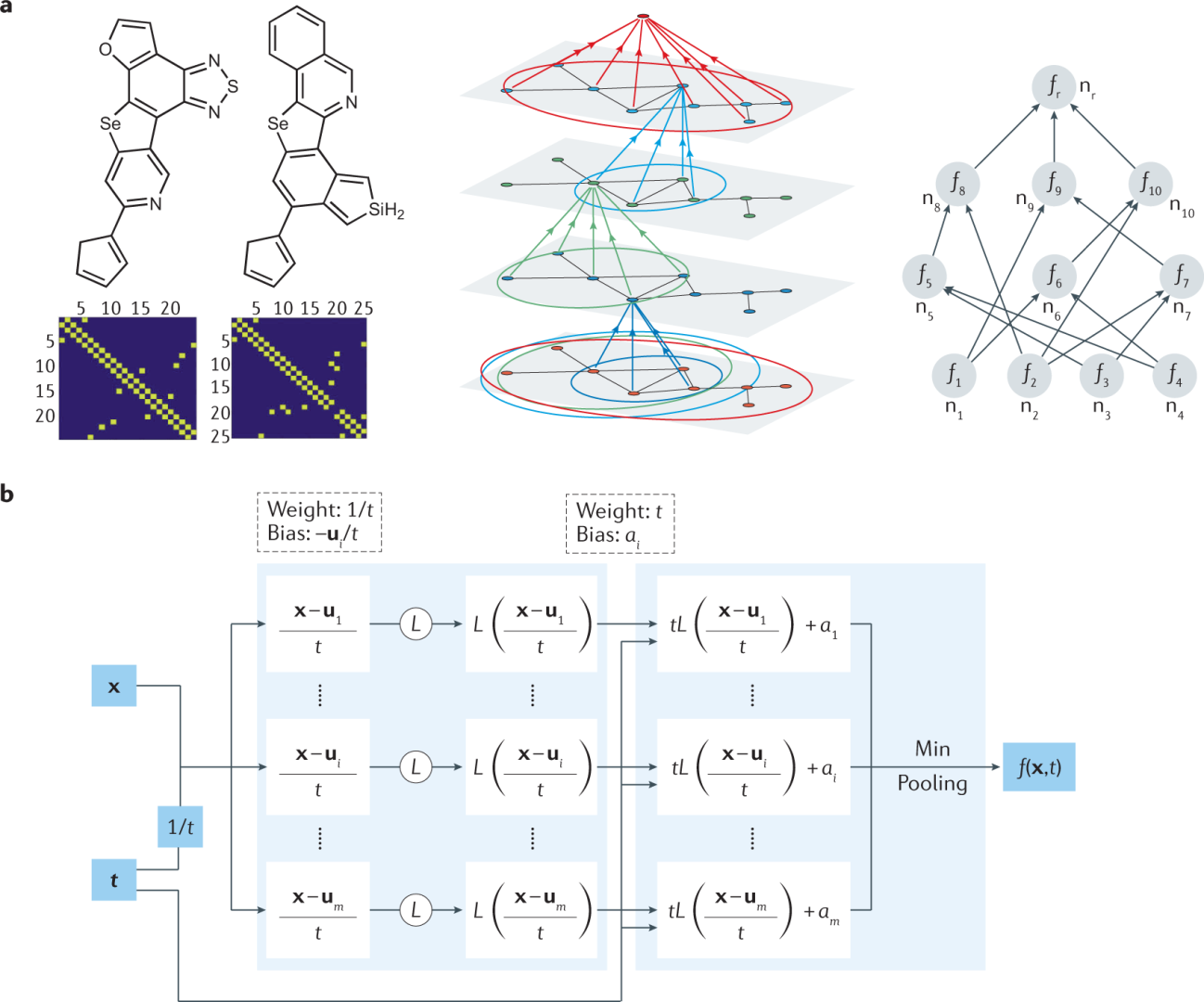
There are numerous use cases of artificial intelligence in physics including:
AI is analyzing data from particle accelerators, such as the Large Hadron Collider (LHC), to identify new particles and understand the fundamental forces of the universe. AI algorithms can analyze vast amounts of data from experiments and simulations, helping physicists make new discoveries and advance our understanding of the universe.
Artificial intelligence is utilized in astrophysics to analyze data from telescopes and simulations to understand the mysteries of the universe. For example, AI can be used to analyze data from the Kepler space telescope to identify exoplanets, or planets outside our solar system.
AI is deployed in materials science to develop new materials and understand the properties of existing materials. For example, AI algorithms can be used to analyze data from experiments and simulations to identify new materials with specific properties, such as high strength or conductivity.
Artificial intelligence is leveraged in climate science to develop more accurate models of the Earth's climate and predict future climate change. For example, AI algorithms can be used to analyze data from climate simulations and make predictions about future temperatures and sea levels.
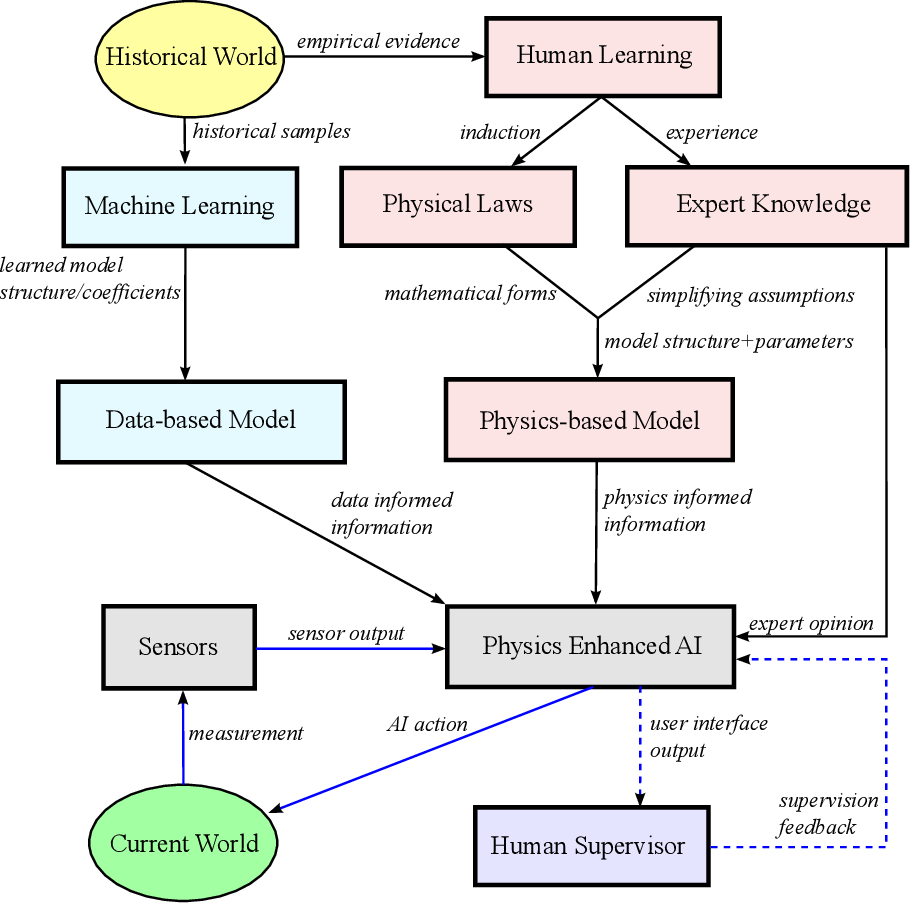
There are several benefits to using AI in physics, including:
AI algorithms can analyze vast amounts of data and identify patterns and correlations that were previously hidden. This can lead to more accurate predictions and a deeper understanding of complex phenomena, such as the behavior of subatomic particles or the climate.
By automating the data analysis process, AI can reduce the time and resources required for data analysis. This can help physicists make new discoveries and advance their understanding of the universe more quickly.
AI can be used to develop more accurate simulations, which can help physicists better understand complex phenomena, such as the behavior of materials or the climate.
AI has the potential to make new discoveries that were previously thought to be impossible. By analyzing vast amounts of data and identifying patterns and correlations that were previously hidden, AI can help physicists make new breakthroughs and advance our understanding of the universe.
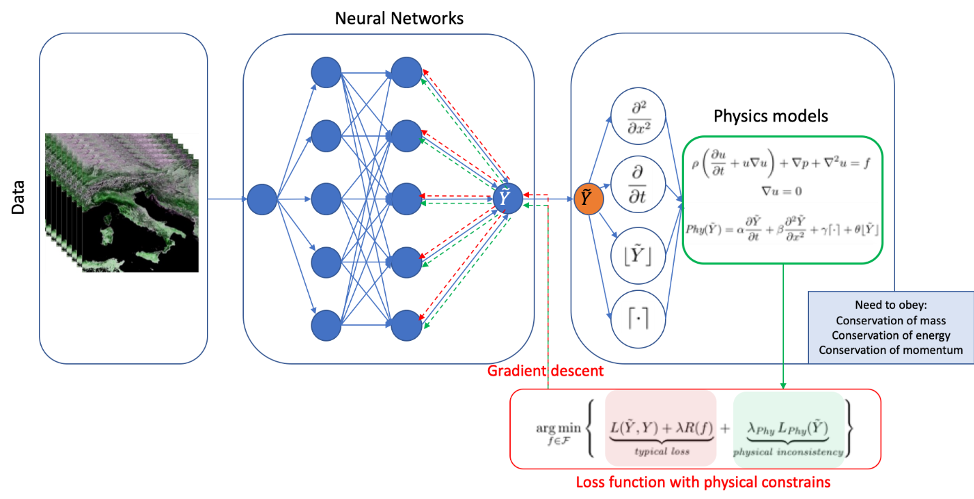
While AI has the potential to transform the field of physics, there are also some limitations to this technology. These include:
AI algorithms are only as accurate as the data they are trained on. If the training data is biased or inaccurate, the algorithms will not be able to provide accurate results. In physics, this can be a concern as the data used to train AI algorithms may not accurately represent the real world.
AI algorithms can only make predictions and analyze data based on the patterns they have been trained on. They may not be able to understand the underlying physical principles behind complex phenomena, such as the behavior of subatomic particles.
AI algorithms can be difficult to understand and interpret, making it difficult for physicists to know exactly how the algorithms are making predictions. This can make it challenging to assess the accuracy of AI predictions and understand how they could be improved.
The use of AI in physics can also raise privacy concerns, as the data being analyzed may contain sensitive information. For example, data from experiments and simulations may contain information about the behavior of sensitive materials or the properties of new particles.
AI is disrupting the field of physics by improving the accuracy of predictions, increasing efficiency, and making new discoveries. However, it is important to consider the limitations of AI in physics and use this technology in conjunction with traditional methods and techniques. As AI continues to advance, it has the potential to provide physicists with a more comprehensive understanding of the universe and help make new breakthroughs in our understanding of the world around us.
As AI continues to evolve and advance, it is likely that its role in physics will become even more important. Here are some potential developments for AI in physics:
Improved accuracy and efficiency: AI algorithms will continue to become more accurate and efficient as they are trained on larger and more diverse datasets. This will help physicists make more precise predictions and discover new patterns in the data.
Integration with traditional methods: AI and traditional physics techniques are likely to become increasingly integrated, providing physicists with a more comprehensive understanding of complex phenomena.
Interdisciplinary applications: AI has the potential to play a role in interdisciplinary fields, such as biophysics and materials science, where it can be used to analyze data from experiments and simulations to gain new insights into the behavior of materials and living systems.
New discoveries: AI has the potential to make new breakthroughs in our understanding of the universe, including the discovery of new particles and a deeper understanding of the fundamental forces of the universe.
Enhanced simulations: AI will play an increasingly important role in developing more accurate simulations, which can help physicists better understand complex phenomena, such as the behavior of materials or the Earth's climate.
The future of AI in physics looks promising, and the technology has the potential to make significant contributions to our understanding of the world around us. As AI continues to advance, it is likely that it will play an even greater role in physics and help us make new discoveries and breakthroughs.
Leave your comments
Post comment as a guest